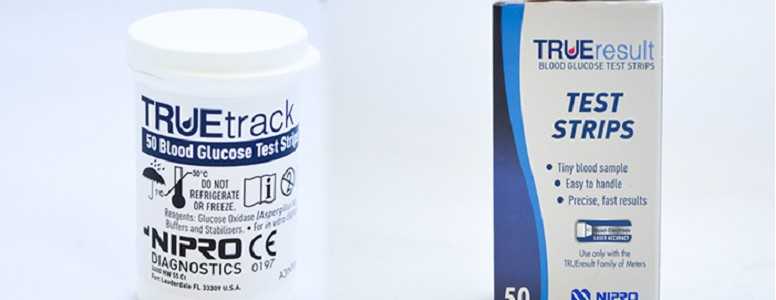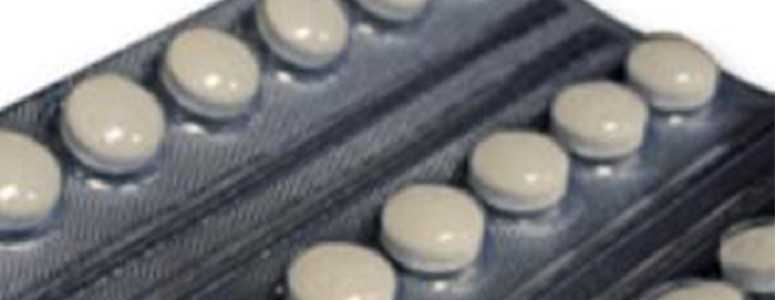The Medicines and Healthcare products Regulatory Agency (MHRA) has issued a warning about TRUEresult and TRUEtrack test strips.
Diabetes patients using the strips have been asked to discard or return them if they are part of a specific batch.
If you use TRUEresult or TRUEtrack test strips, it is imperative to visit the MHRA safety alert page which lists the lot numbers of the test strips that have been affected. These test strips can be used in TRUEresult, TRUEresult twist and TRUEtrack blood glucose meters.
The MHRA issued the recall following a manufacturing fault which could increase the risk of test strips giving false low blood glucose results.
Nipro Diagnostics, which manufactures the test strips, identified that certain lots were not properly sealed, which can affect their accuracy.
By displaying erroneously low blood sugar results, patients are at risk of undetected hyperglycemia, which can lead to diabetic ketoacidosis (DKA) if blood sugar levels become dangerously high.
John Wilkinso, MHRA’s Director of Medical Devices said: “It’s important that you check your test strips. Stop using them if they are in the affected lots and, if necessary, seek alternatives as soon as possible. You can contact the manufacturer on 0800 08 588 08 to return affected strips.”
If you have any questions about your blood glucose readings or your test strips, you should speak with your diabetes care team.
This new warning comes just one month after the MHRA warned that TRUEyou test strips, also manufactured by Nipro Diagnostics, were found to be at fault.
What's new on the forum? ⭐️
Get our free newsletters
Stay up to date with the latest news, research and breakthroughs.






